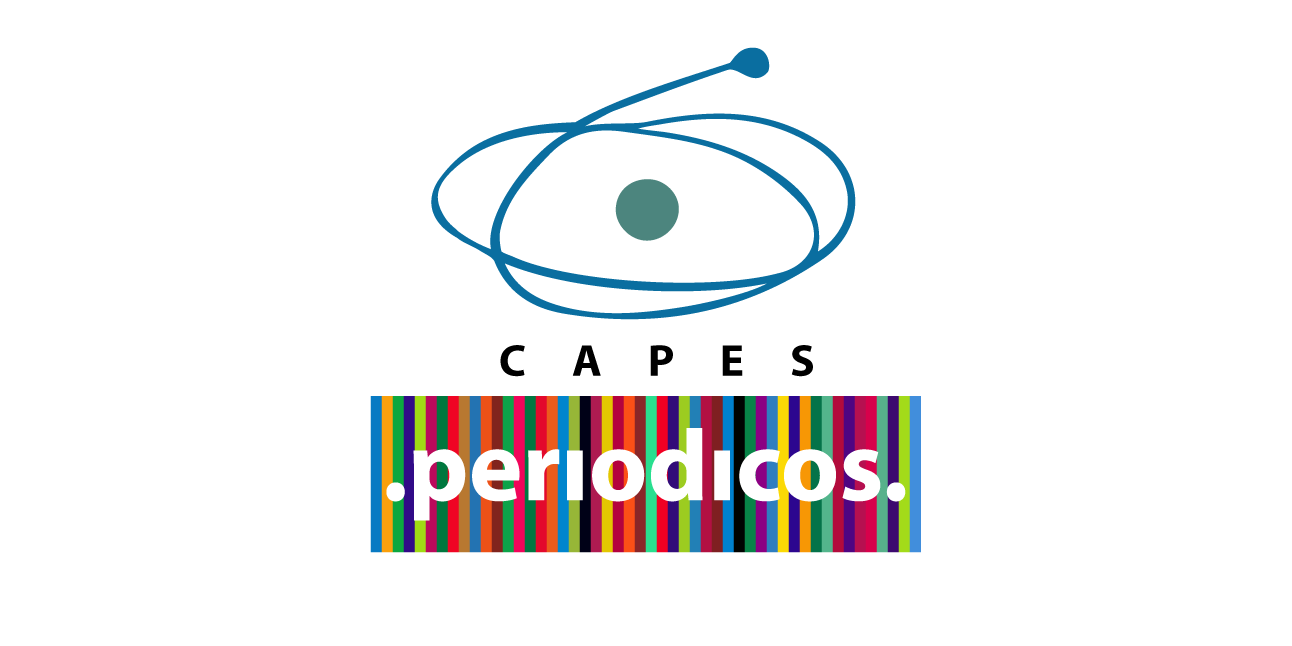Fashion in the 70´s - "Manequim" Magazine approach
Keywords:
moda, décad de 1970, revistaAbstract
This research has fried to study the clothers fashion in the 70´s by taking "Manequim" magazine, a popular fshion magazine then. Since 1964, the year of the military coup, Brazil had been under a distatorial milytary government, and the 70´s coincided with a period in the national political history in which society lived under a non-democratic regime. During this period, repression was a constant in many ares of the cultural and social world: political parties were banned, and the cinema, television, and music suffered with the censorship imposed. Within this scenario of repression and censorship, fashion magazines were the conveyors of the latest tendencies of a fashion that was industrial, practical, democratic and individualist. "Manequim" magazine represented part of this modern ideal, when women were searching for reference in ekegance in international fashion designers, who reproduced the practicality desired by women in the big Brasilian urban centers. Therefore, this research aims at contributing to the compilation of a more comprensive material about the history of fashion in Brazil. Data from "Manequim" magazine aimed at comfort, practicality, versatility and femininity, and thus, it suggested to readers cuts thar were straight, severe and perfect. This standard described by the magazine was in conformity with the new feminine ideal: the executive women who were appearing in the work market. Women demonstrated a desire for independence and tastes "similar" to that were reflected on the cuts, shapes and styles, but that also signaled to femininity by highlighting the hips. As a consequence, there was a redefinition of the silhouette. The magazines pointed at a new feminine ideal that consumed more and more as women took up new positions and gained visibility in the urban centers, and increasing clother´s industrial production. Many styles and models were adopted by this "new woman" with many versions of suits, blouses, causals and classics, as well as the retrieval of influences such as the oriental and the peasants that had a strong impact on the fashion of the period on the screen. Based on the data collected and the analysis of the 70´s historical context, it was noted the profound transformations in cultural, political and terms, which helps the recovery of the memory of fashion adopted in Brazil.Downloads
Published
2007-07-19
How to Cite
Picolli, S. S. G., & Ruiz, J. M. M. (2007). Fashion in the 70´s - "Manequim" Magazine approach. Iniciação Científica Cesumar, 6(1), 53–61. Retrieved from https://periodicos.unicesumar.edu.br/index.php/iccesumar/article/view/86
Issue
Section
Artigos Originais
License
The Editorial Board is authorized to make certain changes in the original text to comply with bibliographical norms, orthography and grammar, so that standards in language and style may be maintained. However, the author´s style will be preserved. The concepts developed by the authors are their exclusive concern and responsibility.In case of approval, the e-mail of acceptance will contain a Letter of Copyright with authors´ name, personal data, and signature of all authors.






